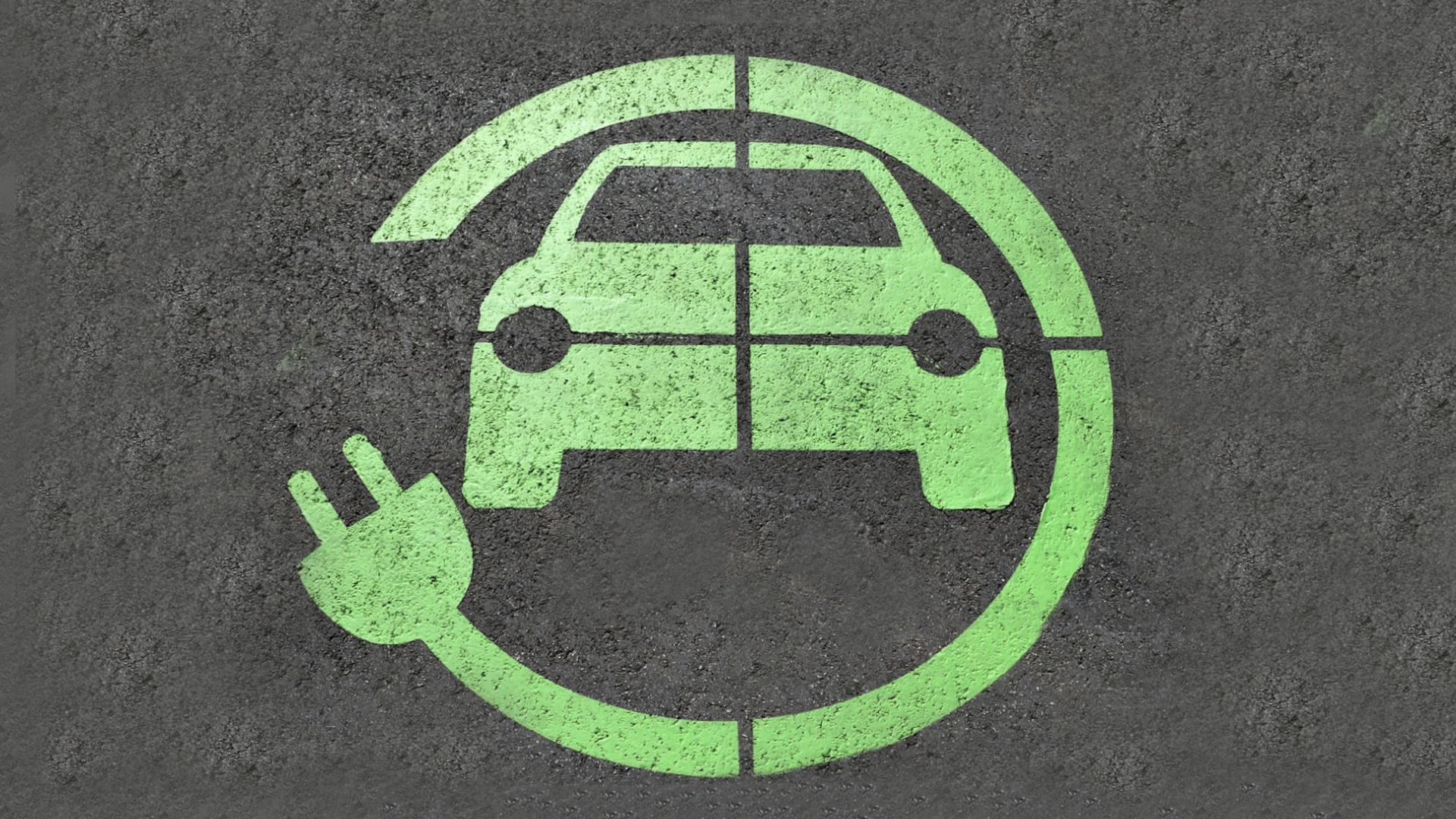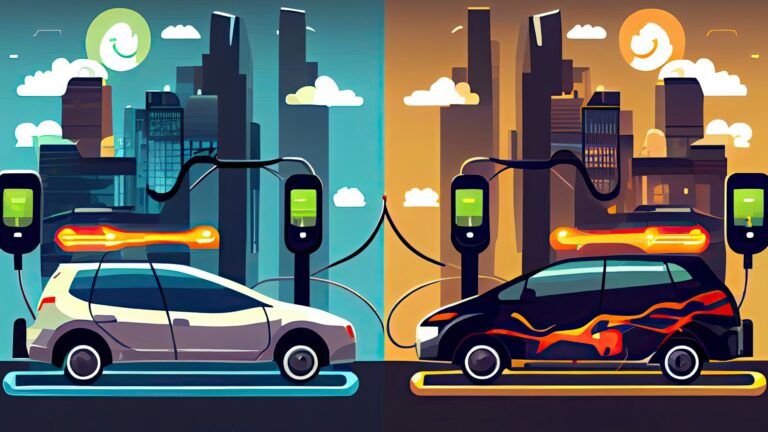As the world becomes increasingly conscious of the impact of greenhouse gas emissions, electric cars have emerged as a viable alternative to gasoline-powered vehicles. These four-wheelers have been lauded for their potential to reduce carbon emissions, improve air quality, and mitigate the effects of climate change. But are electric cars really friendly to the environment? Let’s take a closer look at the environmental impact of electric cars.
Firstly, electric cars produce no emissions while driving, meaning they do not contribute to local air pollution in cities. This is the primary reason why Tesla, followed by the rest of the automotive world, has hailed the use of EVs in the first place. It seems like a dream solution – do away with one of the biggest contributors to global warming by simply switching to a battery-powered vehicle, why not? However, The bigger picture is not as ideal as its fragment seems.
Of course, electric cars DO NOT have zero environmental impact. As they say, it would be too good to be true if that was the case. The production of electric cars requires a significant amount of energy, which often comes from burning fossil fuels. Additionally, the mining and refining of metals used in electric car batteries, such as lithium and cobalt, have a significant environmental impact, and by all means, this is the biggest argument against the use of electric vehicles.
The Dark Side
You see, the production of EV batteries requires the use of metals like Nickel, Lithium, Cobalt, Copper, and other Rare Earth metals. The extraction process of any of these from the Earth, commonly known as mining, results in a significant environmental impact. The adverse effects include the contamination of soil, air, and water, as well as a total loss of the local biodiversity and ecosystem. In this regard, EVs may not be any better than combustion engine vehicles that require the mining of oil for their fuel.
Also, with the race to an EV transition at its peak around the globe, the demand for such metals has surged so much that many human rights violations are being ignored in the attempt to gain access to them. For instance, the mining process of Cobalt in Congo has repeatedly been accused of using child labour for the extraction process, a glaring example of human rights violation in the overall EV-making process.
It is not just the mining of resources that puts electric vehicles in a bad light. The disposal of many of these minerals, in the form of used electric car batteries, is also a concern, as they often contain toxic chemicals and heavy metals that can harm the environment if not properly disposed of. The production of electric cars has a higher carbon footprint than traditional gasoline cars. This is due to the energy-intensive manufacturing processes involved.
Not all is bad
Despite these concerns, electric cars are still more environmentally friendly than gasoline-powered vehicles. Studies have shown that electric cars emit significantly fewer greenhouse gases over their lifetime than gasoline cars. According to a study by the Union of Concerned Scientists, an electric car with an average battery size produces about half the emissions of a gasoline car over its lifetime. This is due to the fact that electric cars emit no tailpipe emissions and the electricity used to charge them is becoming increasingly sourced from renewable sources like wind and solar.
Overall, while electric cars have their environmental drawbacks, they are still a more sustainable option than gasoline cars. As the world transitions to renewable energy sources, the environmental impact of electric cars will continue to decrease. It is important to remember that the production and disposal of electric cars need to be done responsibly to minimize their environmental impact.








